Elevate your local knowledge
Sign up for the iNFOnews newsletter today!
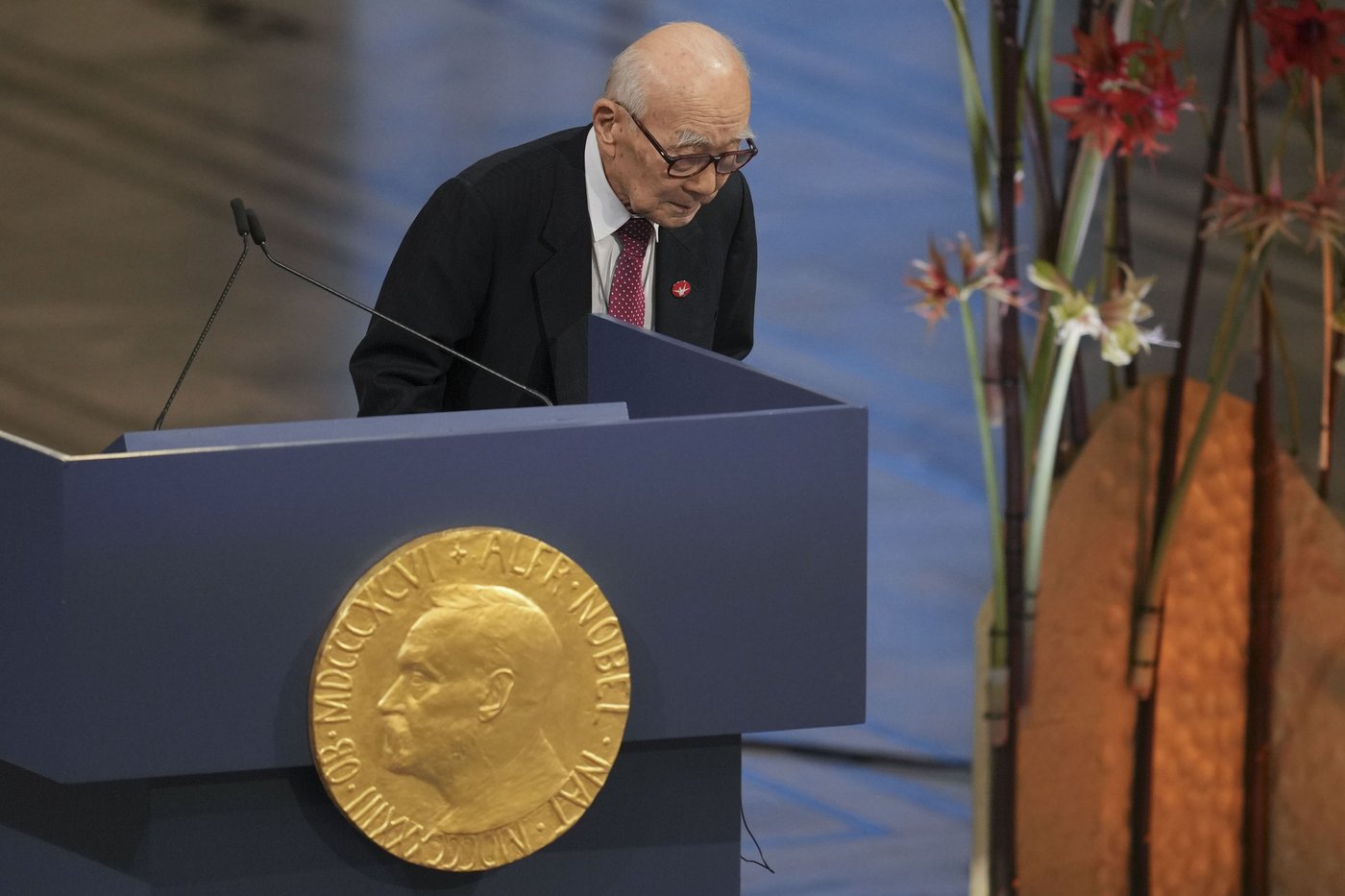
OSLO, Norway (AP) — A 92-year-old Japanese man who lived through the American atomic bombing of Nagasaki described on Tuesday the agony he witnessed in 1945, including the charred corpses of his loved ones and the ruins of his city, as he accepted this year’s Nobel Peace Prize on his organization’s behalf.
The prize was awarded to Nihon Hidankyo, a grassroots movement of Japanese atomic bombing survivors who have worked for nearly 70 years to maintain a taboo around the use of nuclear weapons. The weapons have grown exponentially in power and number since being used for the first and only time in warfare by the United States on Nagasaki and Hiroshima in 1945.
The bombings pushed Japan to surrender to the Allies. They killed some 210,000 people by the end of 1945, but the full death toll from radiation is certainly higher.
As the survivors reach the twilight of their lives, they are grappling with the fear that the taboo against using the weapons appears to be weakening. It was a concern expressed by the 92-year-old-survivor, Terumi Tanaka, who delivered the acceptance lecture in Oslo’s City Hall to an audience that included Norway’s royal family.
“The nuclear superpower Russia threatens to use nuclear weapons in its war against Ukraine, and a cabinet member of Israel, in the midst of its unrelenting attacks on Gaza in Palestine, even spoke of the possible use of nuclear arms,” Tanaka said. “I am infinitely saddened and angered that the nuclear taboo threatens to be broken.”
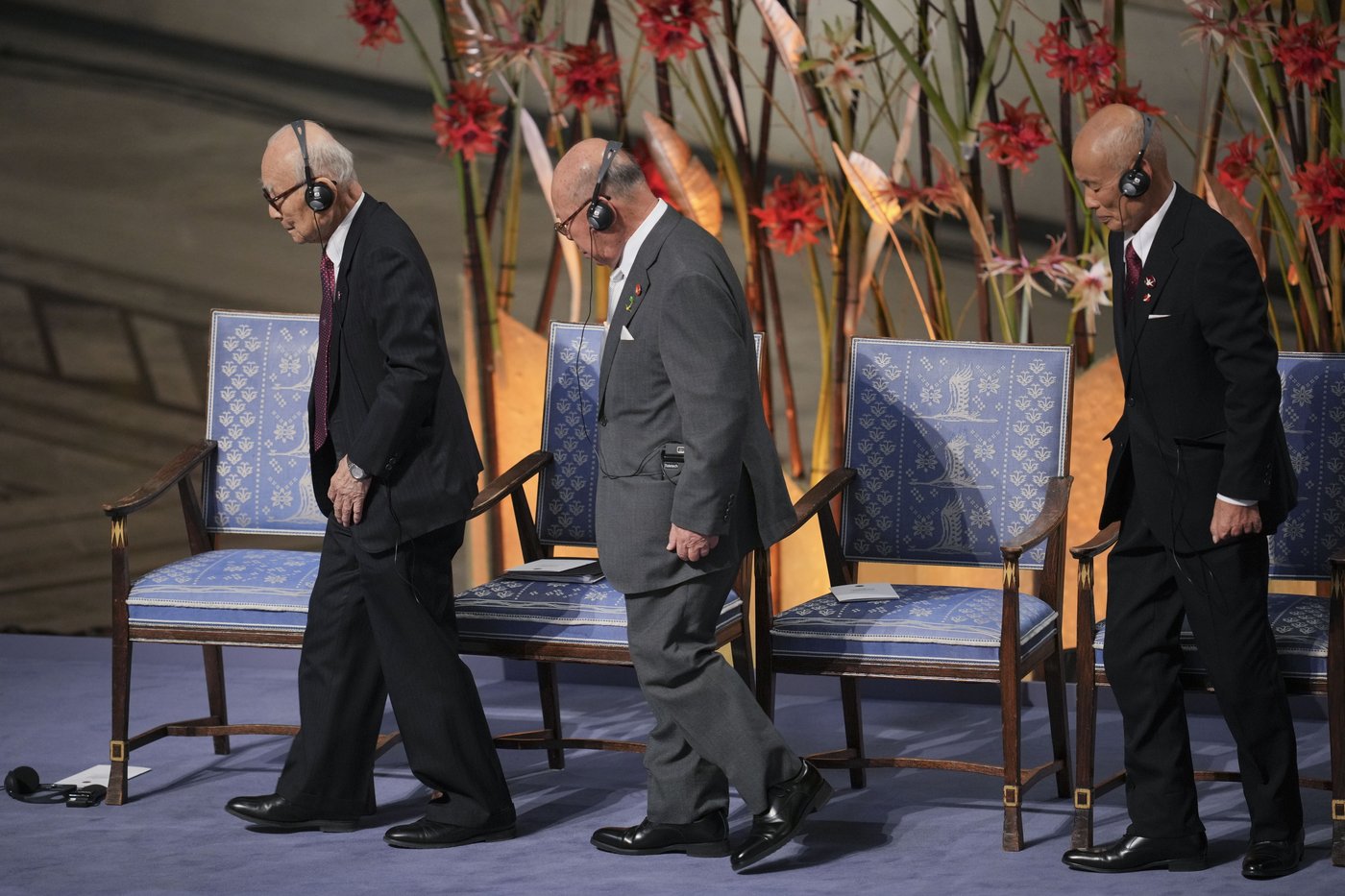
That concern drove the Norwegian Nobel Committee to award this year’s prize to the Japanese organization, though it had honored other nuclear non-proliferation work in the past.
Jørgen Watne Frydnes, the chair of the committee, said in introducing the laureates that it was important to learn from their testimony as the nuclear dangers grow.
“None of the nine countries that possess nuclear weapons — the United States, Russia, China, France, the United Kingdom, India, Pakistan, Israel and North Korea — appear interested in nuclear disarmament and arms control at present,” he said. “On the contrary, they are modernizing and building up their nuclear arsenals.”
He said the Norwegian Nobel Committee was calling upon the five nuclear weapon states that have signed the Treaty on the Non-Proliferation of Nuclear Weapons — the U.S., Russia, China, France and the U.K. — to take seriously their obligations under the treaty, and said others must ratify it.
“It is naive to believe our civilization can survive a world order in which global security depends on nuclear weapons,” Frydnes said. “The world is not meant to be a prison in which we await collective annihilation.”
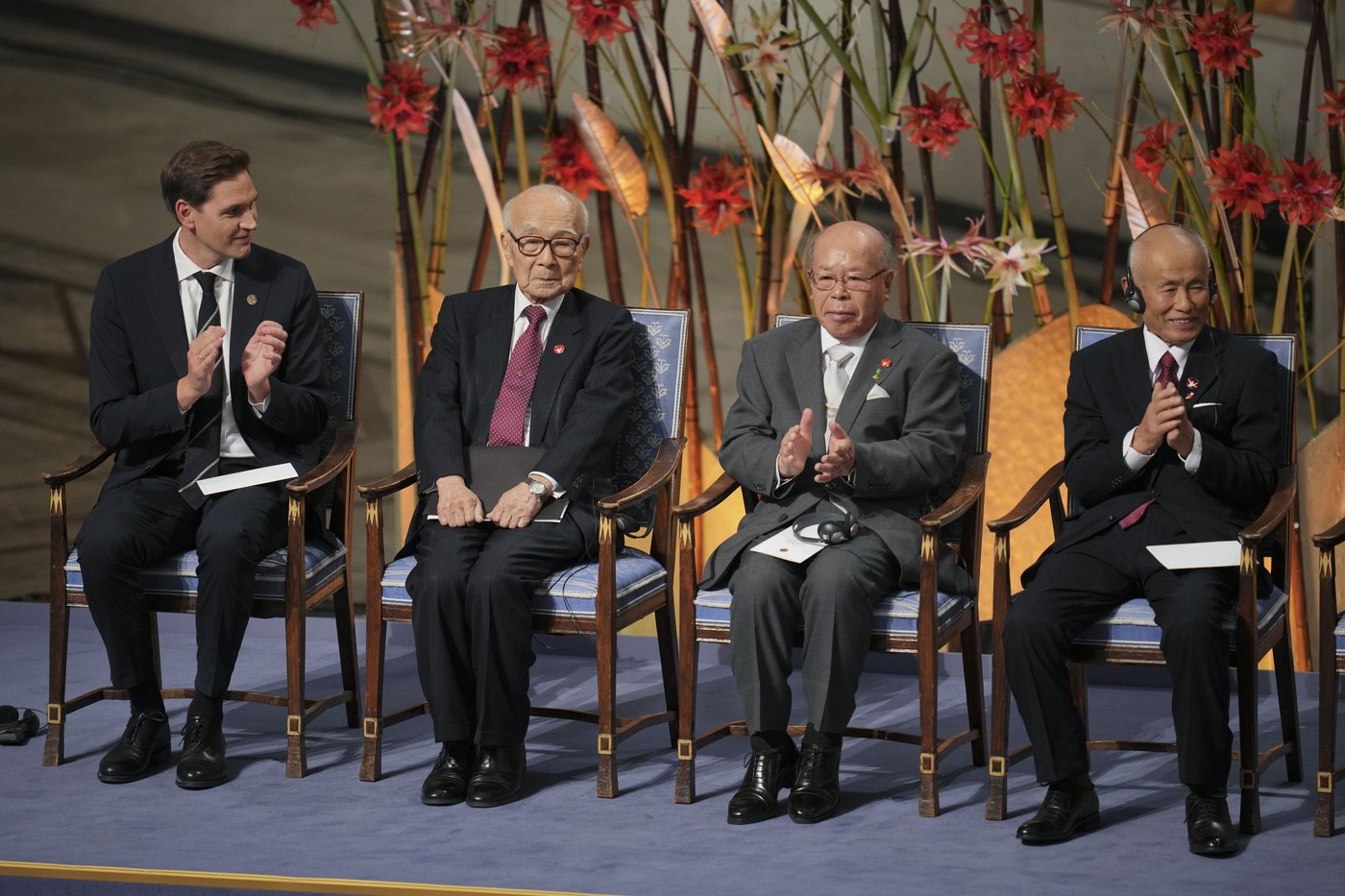
In his speech, Tanaka described the attack on Nagasaki on Aug. 9, 1945, three days after the first bomb was dropped on Hiroshima.
He recalled the buzzing sound of a bomber jet followed by a “bright, white light,” and then an intense shock wave. Three days later, he and his mother sought out loved ones who lived near the hypocenter.
“Many people who were badly injured or burned, but still alive, were left unattended, with no help whatsoever. I became almost devoid of emotion, somehow closing off my sense of humanity, and simply headed intently for my destination,” he said.
He found the charred body of an aunt, the body of her grandson, his grandfather on the brink of death with severe burns and another aunt who had been severely burned and died just before he arrived. In all, five family members were killed.
He described the efforts of survivors to use their experiences to try to abolish nuclear weapons for the sake of humanity, and to try to receive compensation from the Japanese state, which started the war, for their suffering.
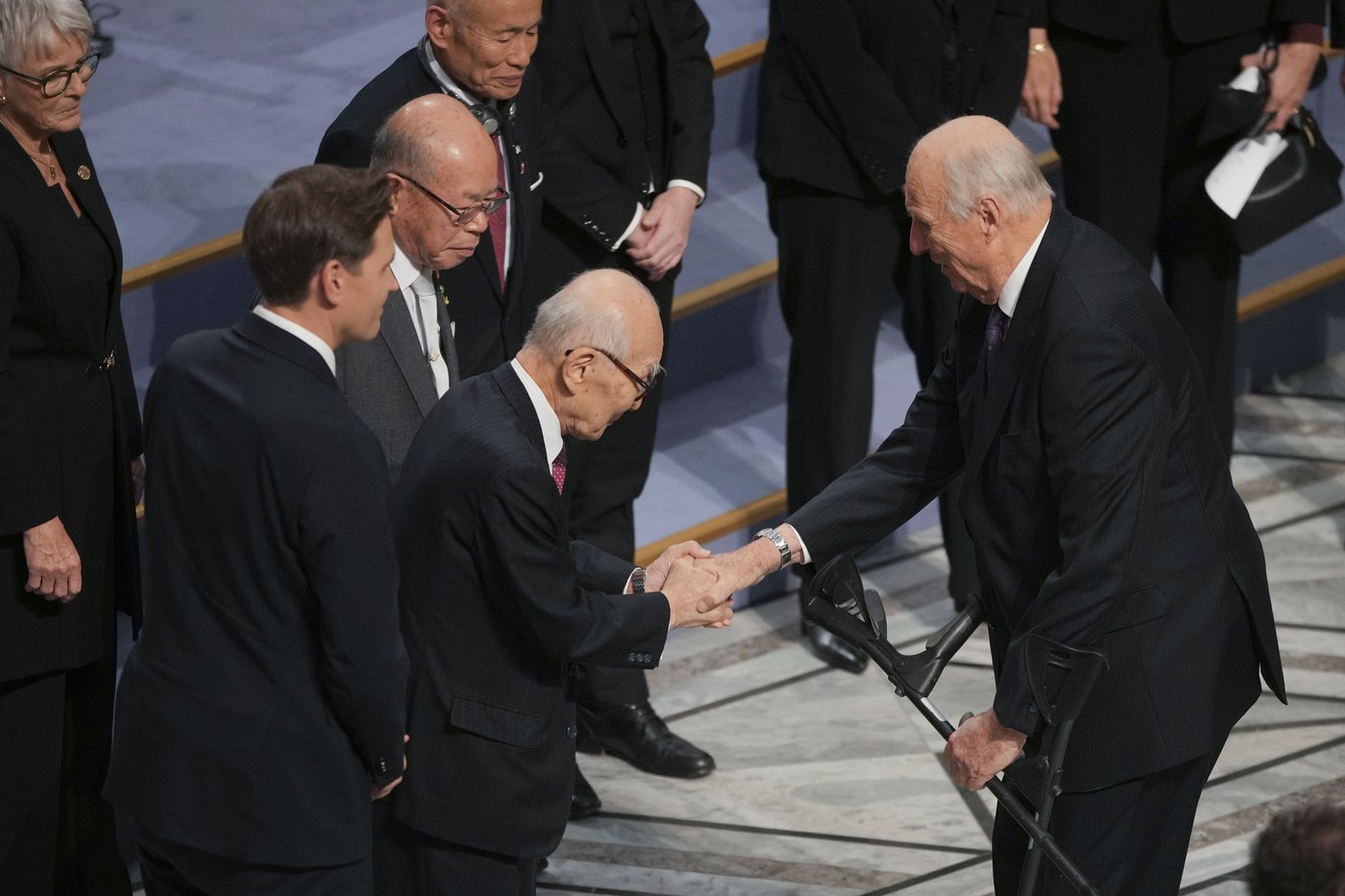
“I hope that the belief that nuclear weapons cannot — and must not — coexist with humanity will take firm hold among citizens of the nuclear weapon states and their allies, and that this will become a force for change in the nuclear policies of their governments,” he said.

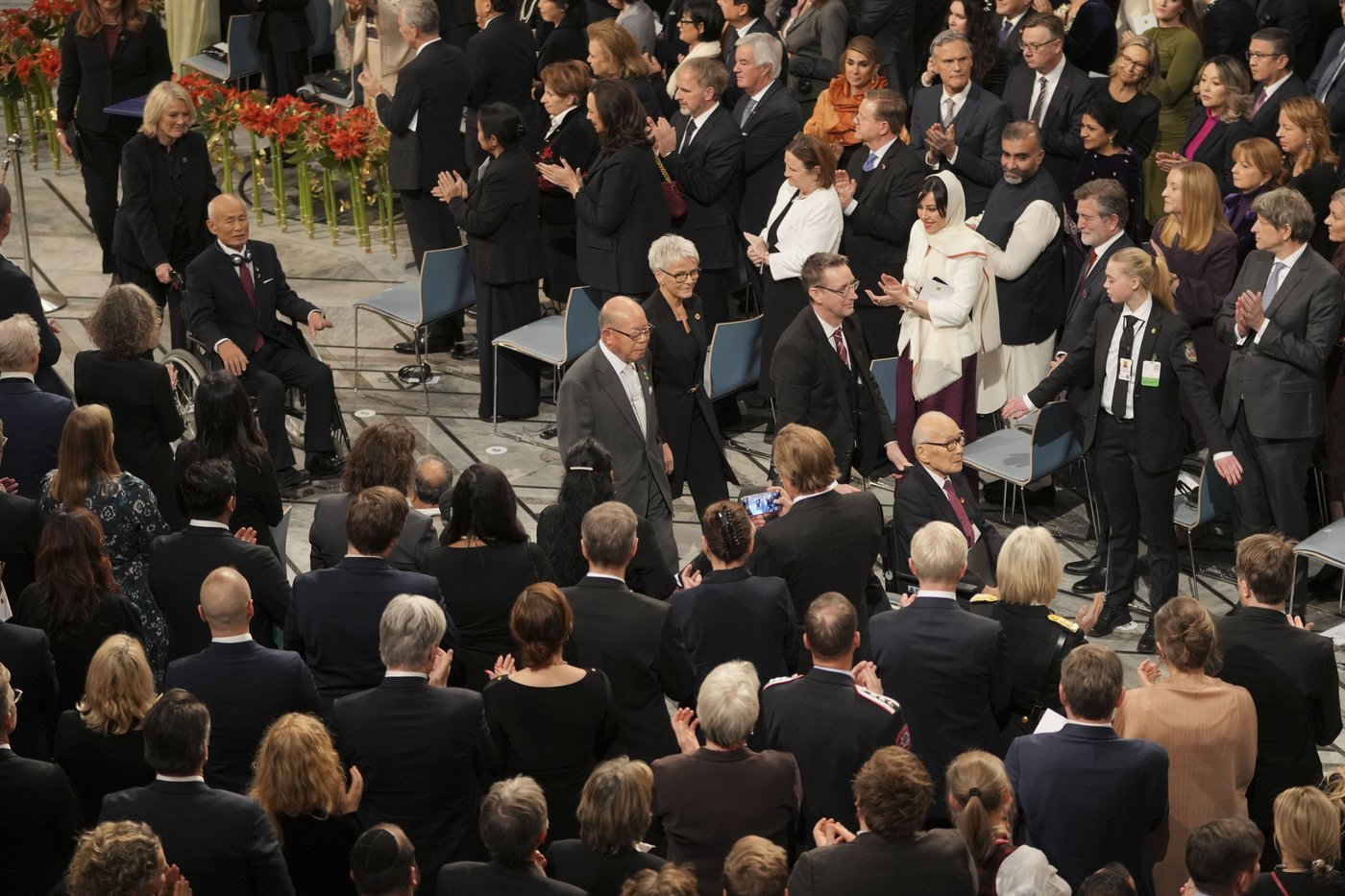
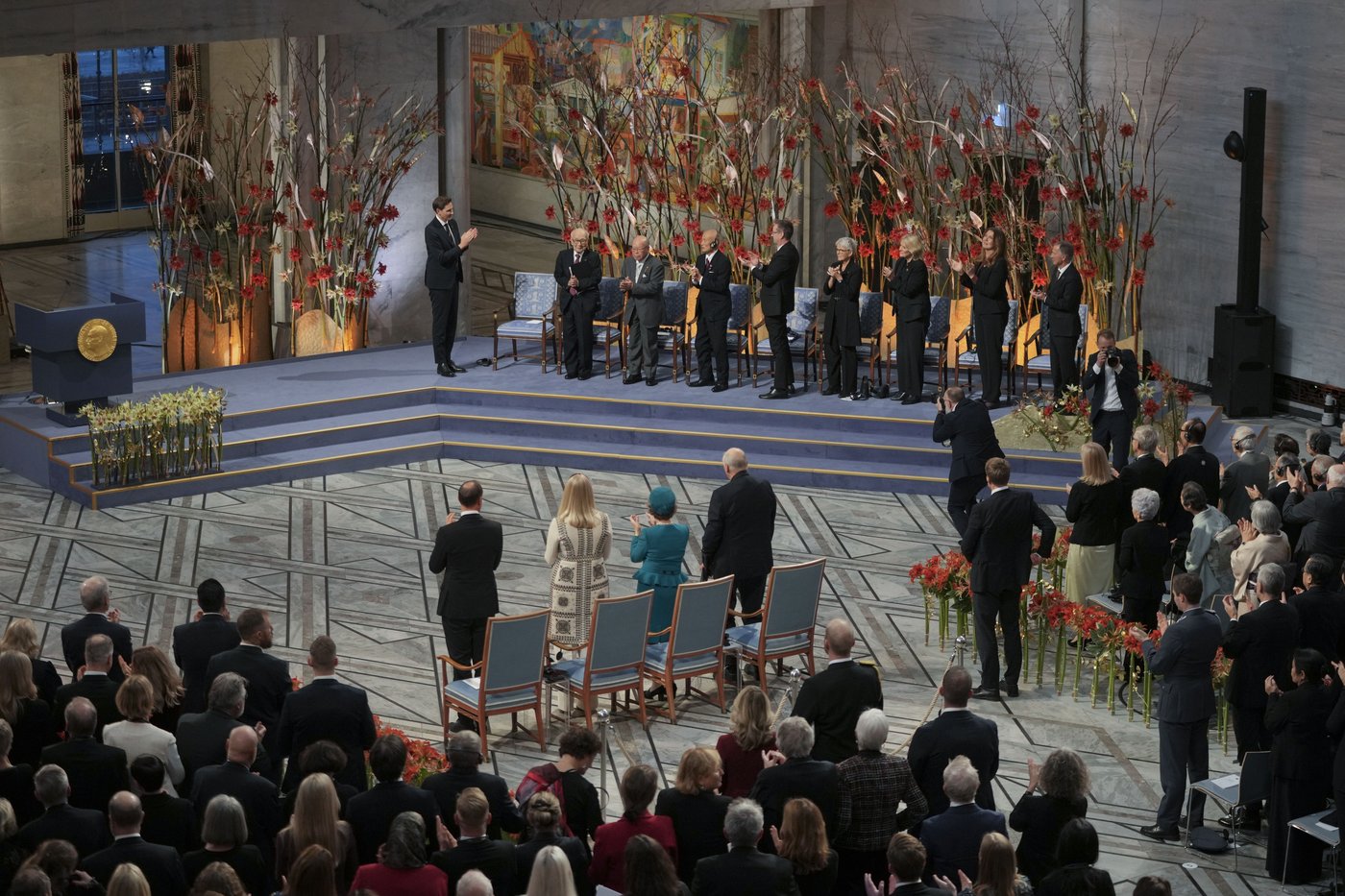
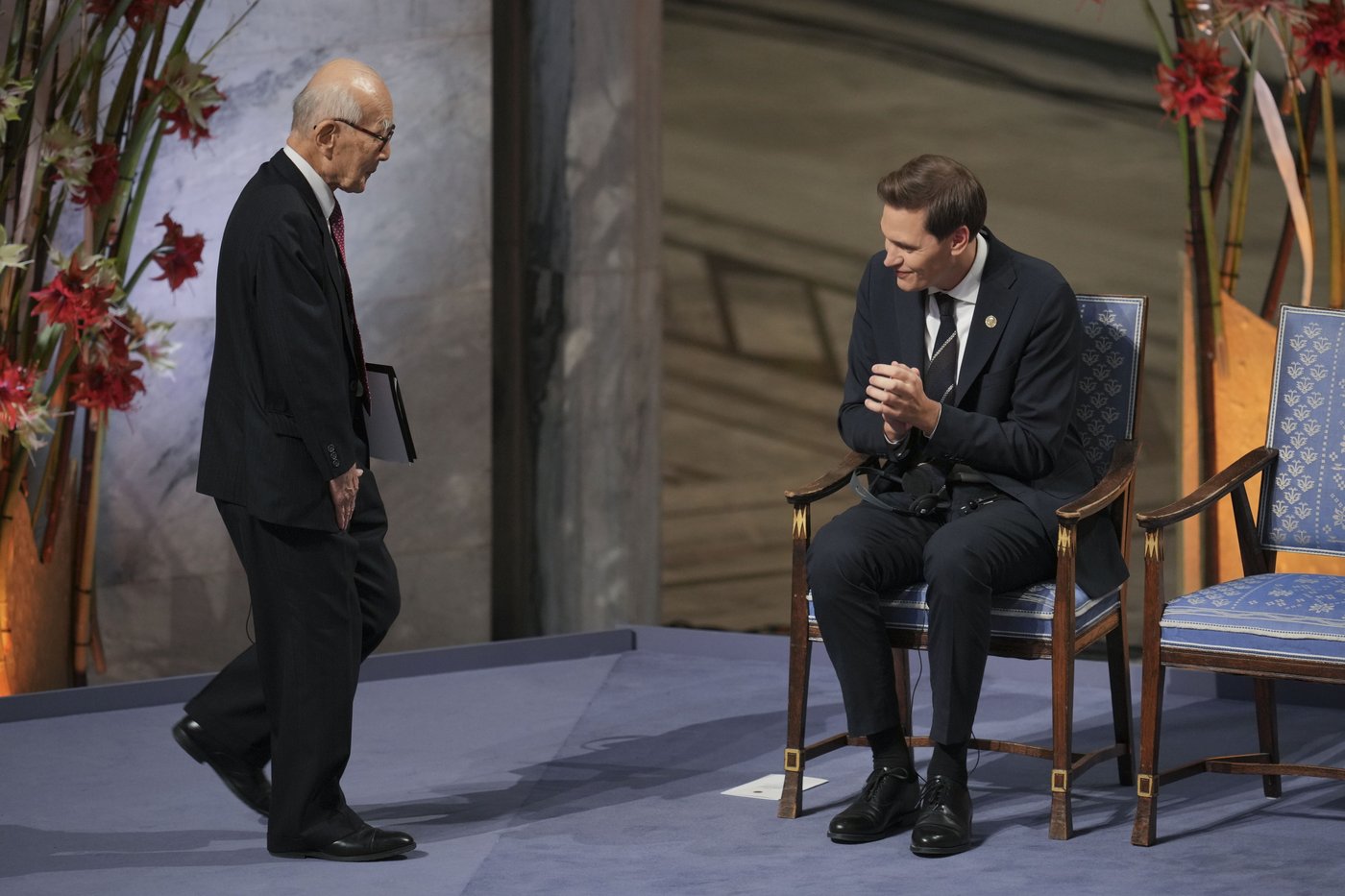
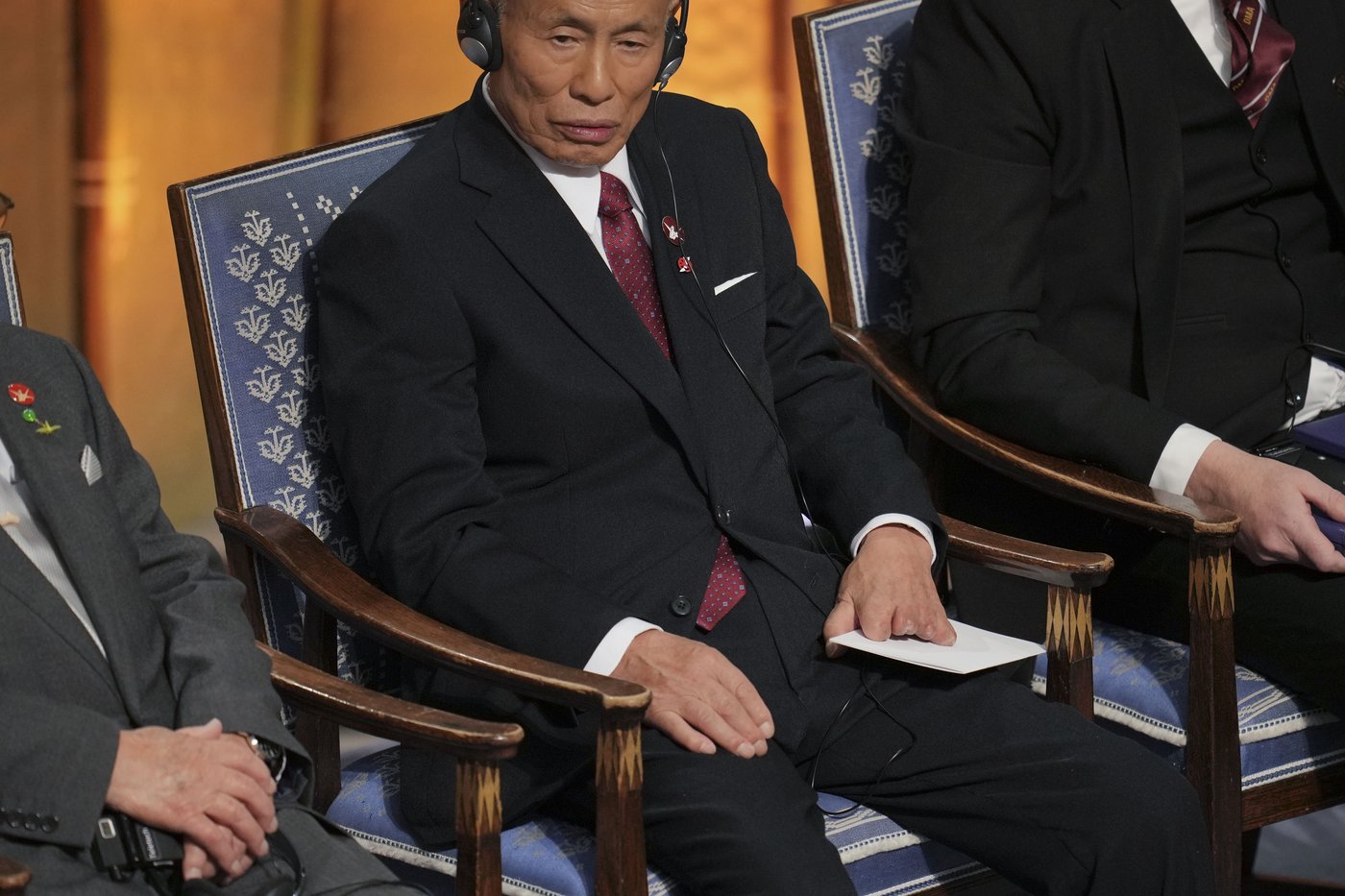
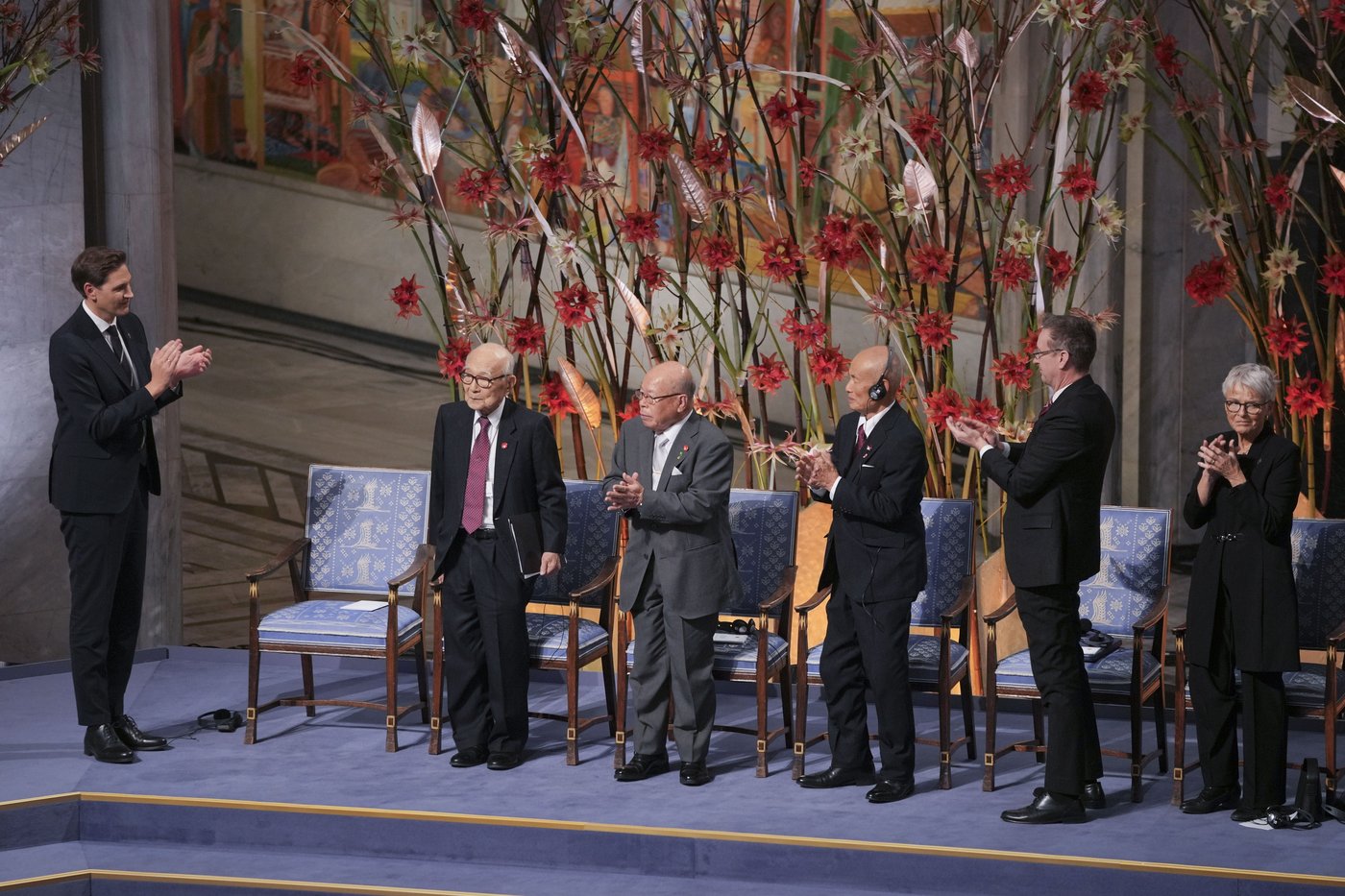
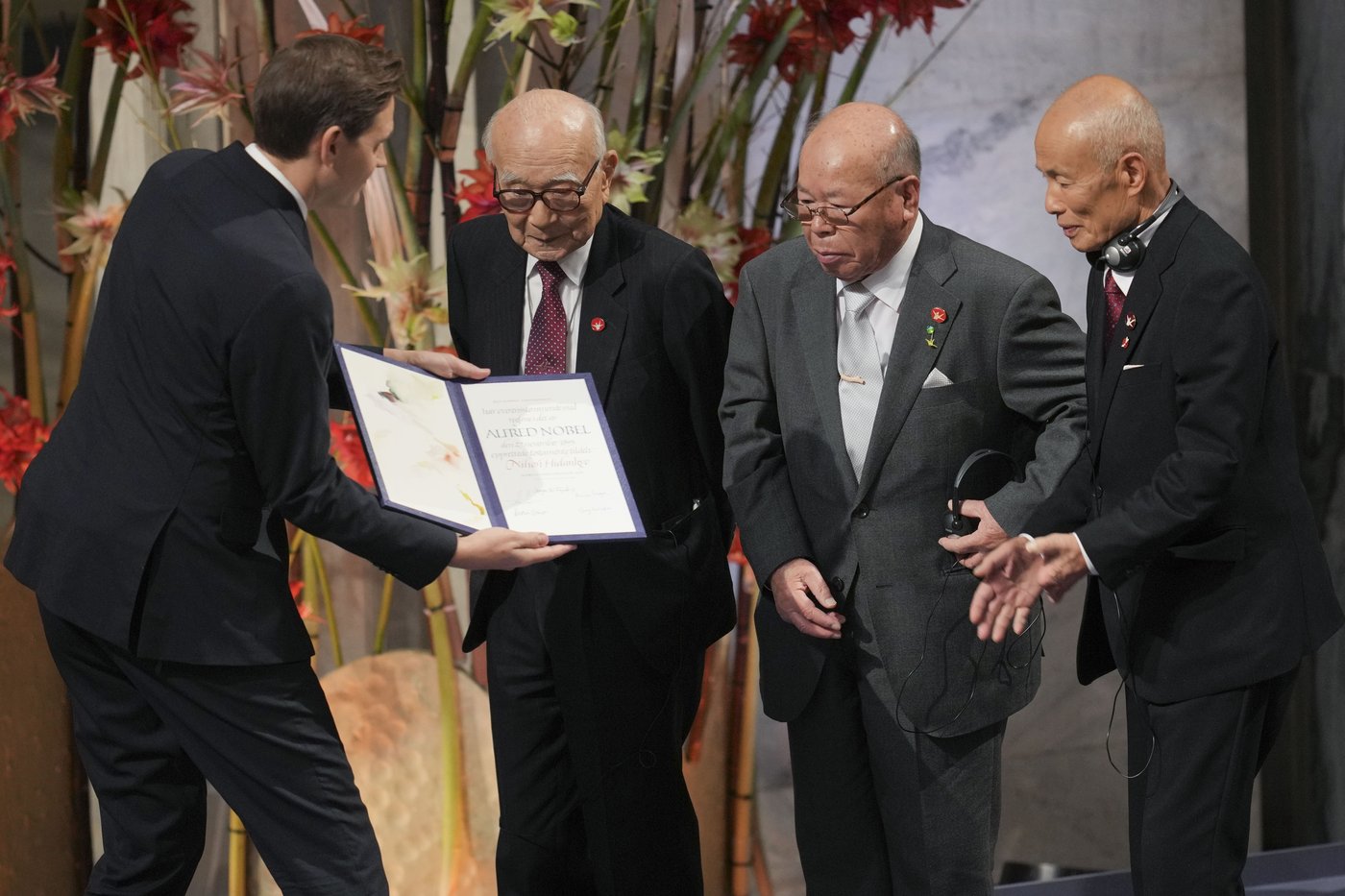
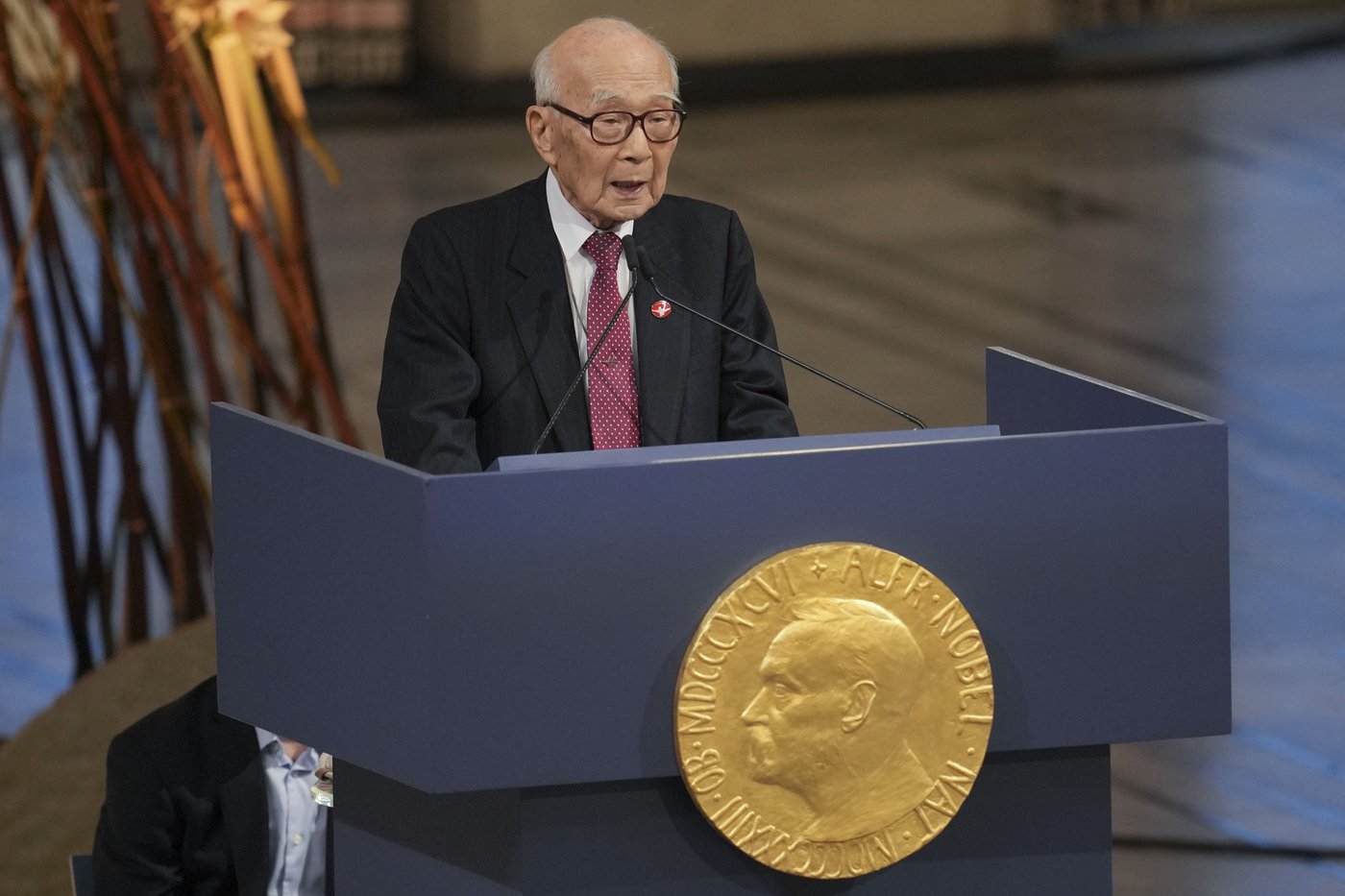
Want to share your thoughts, add context, or connect with others in your community?
You must be logged in to post a comment.